China comedian’s level, where does Shen Teng rank?
Recently, Shen Teng’s Moon Man was released, which is a film in which he returned to starring after The Richest Man in Xihong City. However, after the release of Moon Man, everyone gave mixed comments on the film. Throughout the comedies from the past to the present, Xiaogang Feng, Xú Zhēng, Stephen Chow and Shen Teng each represented a different stage of comedy. Almost every out-of-the-loop work is not just a superficial form of happiness, but a "grounding gas". Through this new film, this paper takes you back to see the development and changes of comedy.
author | Sha Mi Lu
read and edit | Time
edit | Peninsula
source | Yinke Aesthetics
Not long ago, Moon Man, a comedy film by Shen Teng, a military art school, came to the big screen. This is a film in which he returned to star after The Richest Man in Xihong City.
In this issue, Xiaoyin takes a look back at the development and changes of comedy through this new film.
The polarization of Teng’s comedy criticism?
After the release of Moon Man, people gave different comments on the film.
Some people call itMars Rescue, The Truman Show, The Wandering EarthSome people also commented that it has become a "drama".

This film continues his previous work."Little people counterattack" attribute, but it played down the original "bad" for the little people.
In Shen Teng’s previous works, little people always have "bad roots".
For example, after crossing back, the protagonist of goodbye mr. loser chose to steal works to make himself famous. For example, Wang Duoyu of "The Richest Man in Xihong City" did not hesitate to deceive everyone for billions of property.
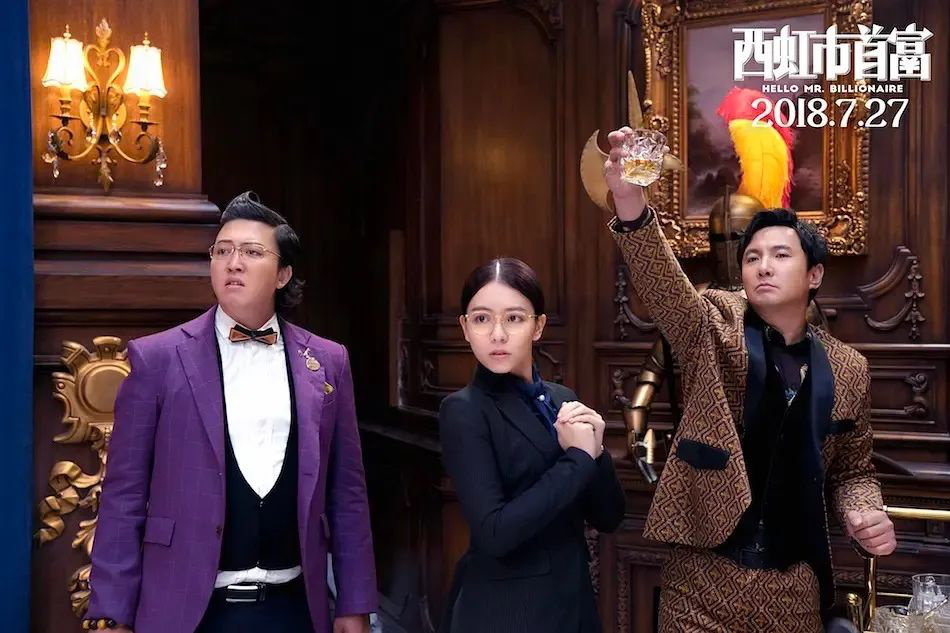
But in the end, they always finish it.Self-attack.
Moon Man is no exception, but here, the hero.No longer wait until the end to complete self-sublimation.
In this romantic comedy, the protagonist insists on his love, so the earth is lit up, and the original grand science fiction film is melted by the delicate feelings of human beings.
The film shows not only personal qualities, but alsoCompassion and empathy of all mankind.
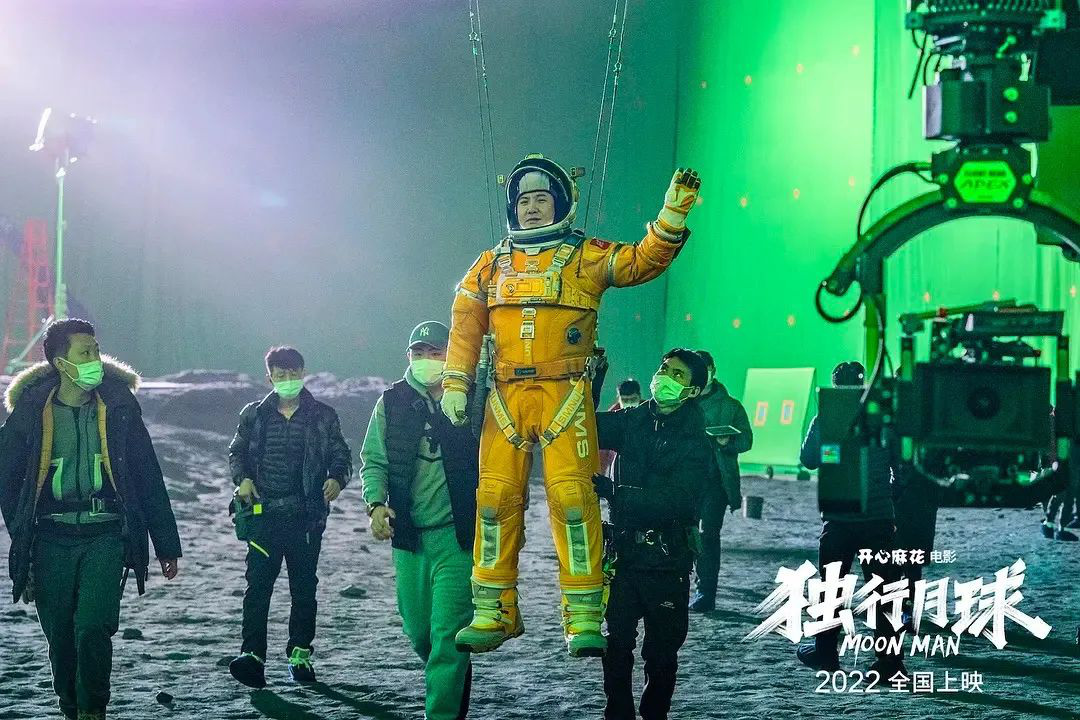
Through this movie, Xiao Yin wants to talk about comedy.
Throughout the comedies from the past to the present, Xiaogang Feng, Xú Zhēng, Stephen Chow and Shen Teng each represented a different stage of comedy.

Almost every out-of-the-loop work is not just a superficial form of happiness, but a "grounding gas".
The following small print will take you to take a look. What are the characteristics of those classic comedies?
How many level does comedy have?
In addition to Shen Teng, our common comedies also carry similar."nobody"Kernel.
From the opening of our comedy series in Xiaogang Feng to the stage performance of Stephen Chow, Xú Zhēng and Mahua FunAge series in 2015, the comedy career in China has shown explosive growth.
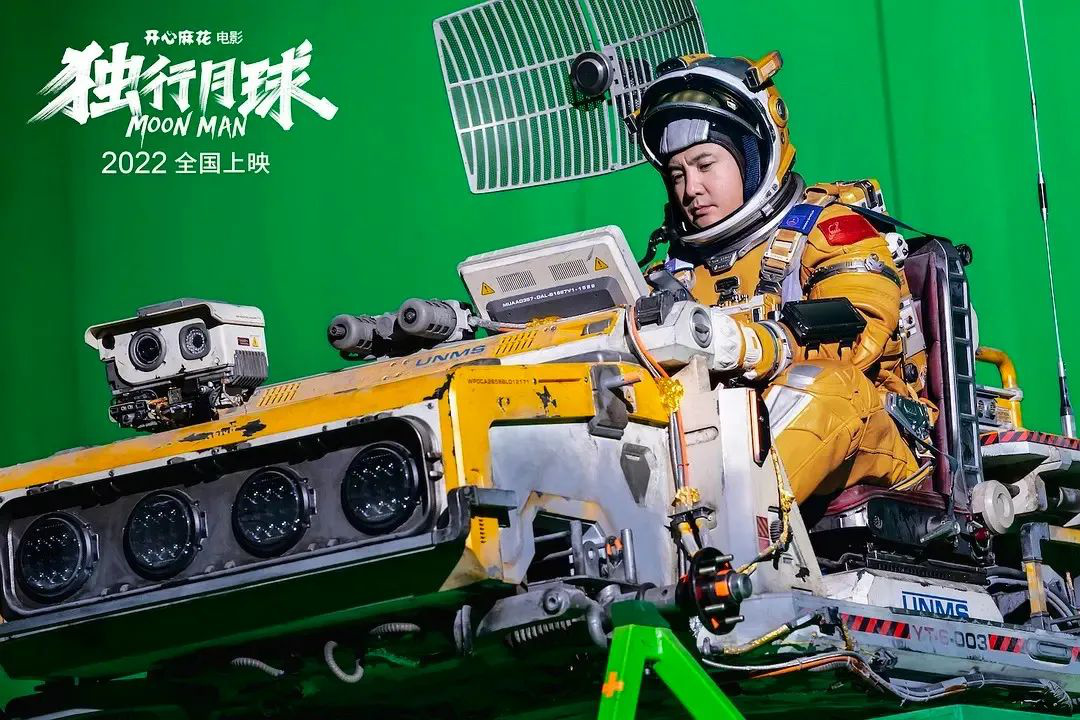
The comedies of Xiaogang Feng, Xú Zhēng, Stephen Chow and Shen Teng have obvious differences in terms of how to express the little people.
Xiaogang Feng’s comedies were born in the era of the rise of consumer culture, and literary and artistic works gradually moved away from the elite to the public.
As a "citizen director", Xiaogang Feng’s comedies are forever.From the perspective of civiliansTo pay attention to the joys and sorrows of ordinary people-the pursuit of dreams by grassroots, the perfection of family, and the tireless emphasis on "emotion."
Meanwhile, as a New Year film,happy endingIt is also essential.
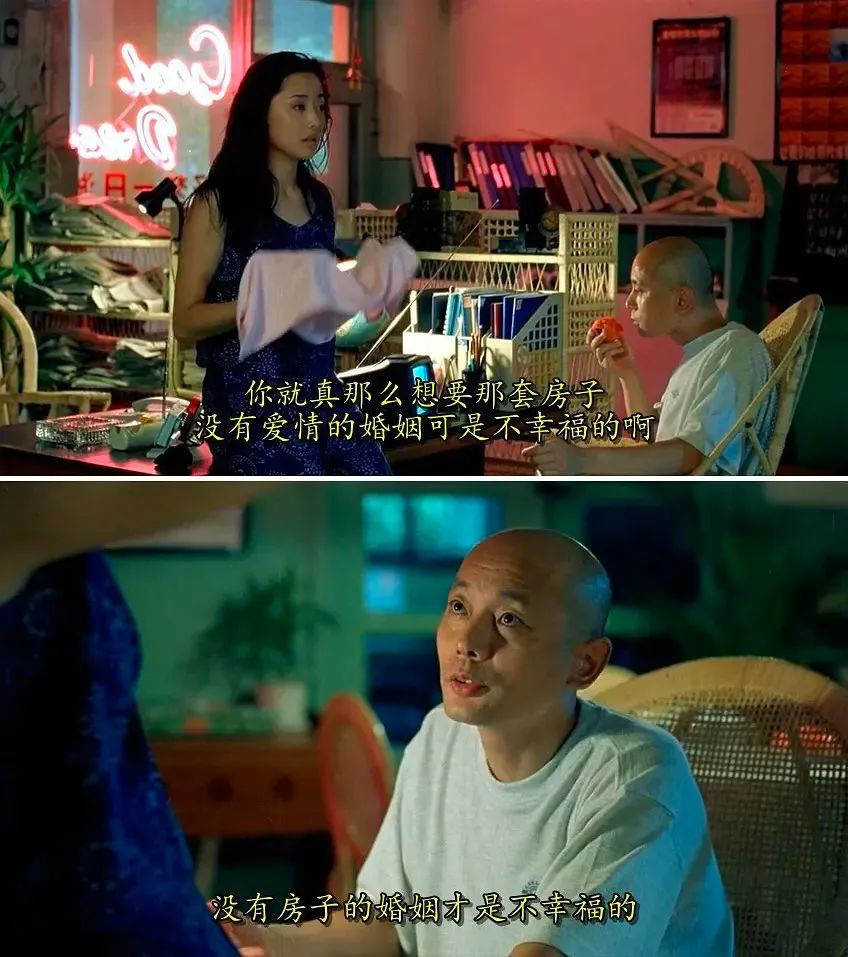
Xú Zhēng’s comedy isMale midlife crisis theme+road comedy.
In his movies, we can see the helplessness of a middle-aged man pushed forward by years-how to choose between his career, family and himself.
You can also seeThe classic combination of "unlucky+fool"Thinking about life on the highway.
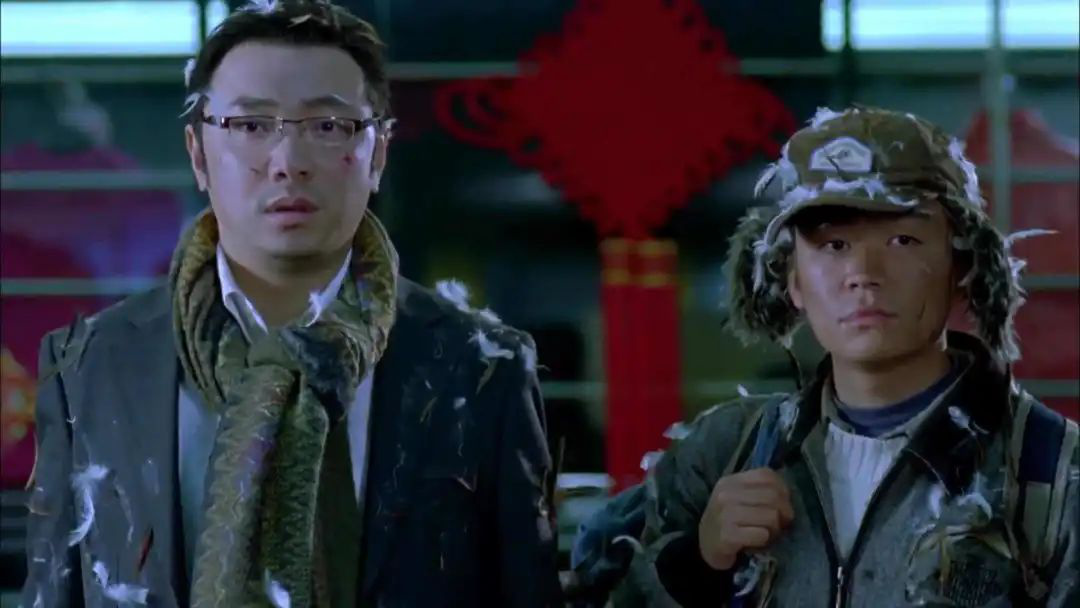
The tragic ending in Xú Zhēng’s films reveals the triviality of ordinary life and the distance between ideal and reality.
To say that the most obvious tragic color is the "cruel" Stephen Chow.
Stephen Chow’s comedies are nonsense, with a wild imagination of magical curiosity.
From A Chinese Odyssey Series to The Mermaid to A Demon Journey to the West, his "cruel comedy" containsThe elimination of violence, love failure and other elements.
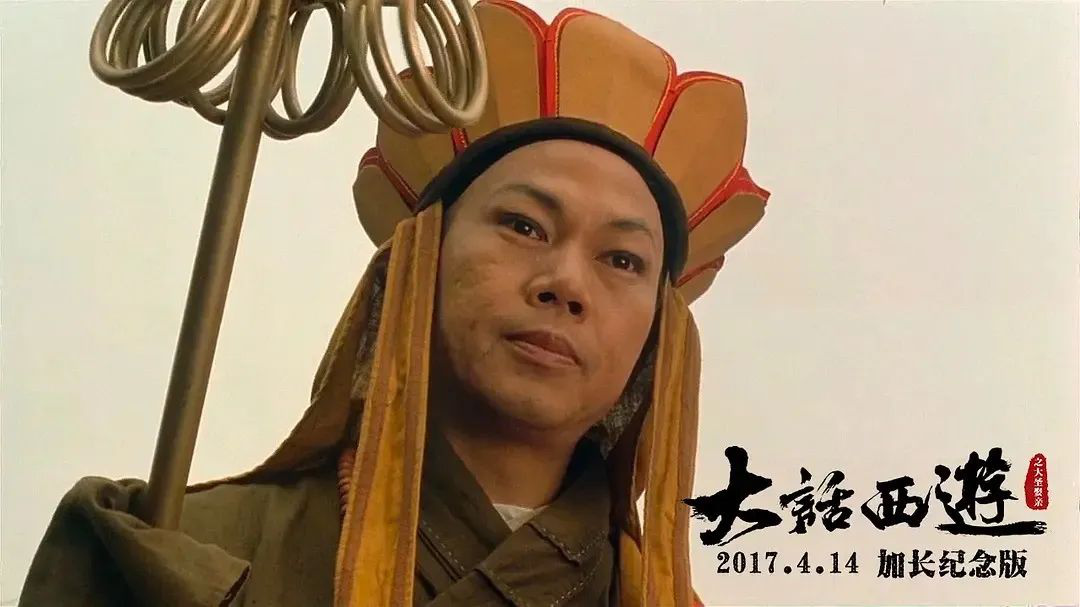
The so-called "cruelty" refers to his understanding of the world in which we live.Inclined to a pessimistic attitude.
"comedy" means that he can use it.The cliche story of happy reunion and the hilarious hilarity.To wrap up these cruel ideas, or even directly treat the tragedy as a joke, so that the cruel edge is not so abrupt and hurtful.
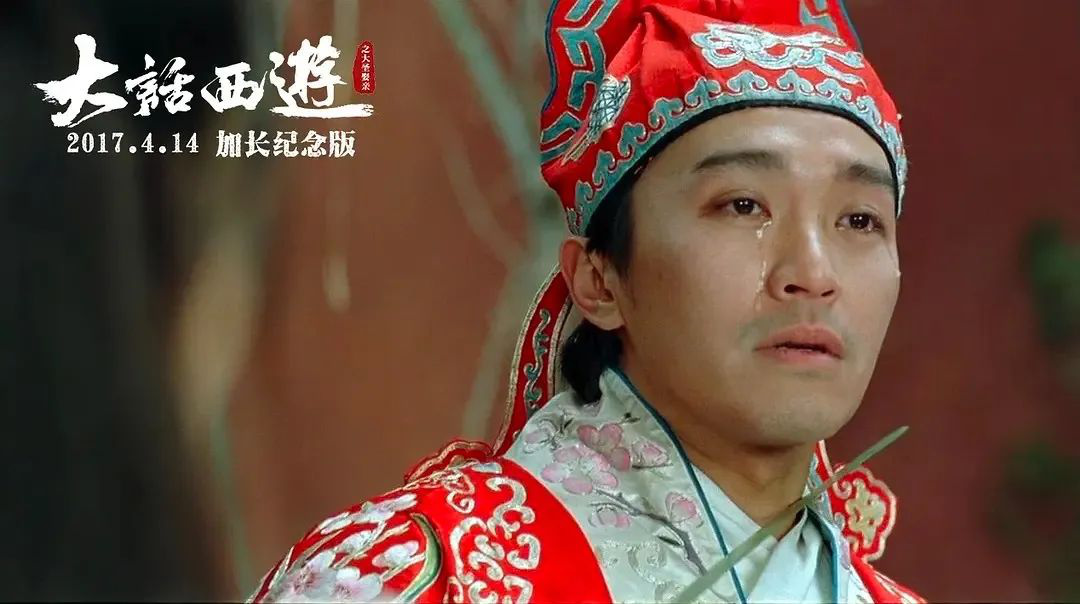
Cruelty is also reflected in love.
If Xu Zheng loves to talk about "incomplete life", then Stephen Chow prefers to talk about it."Broken love".
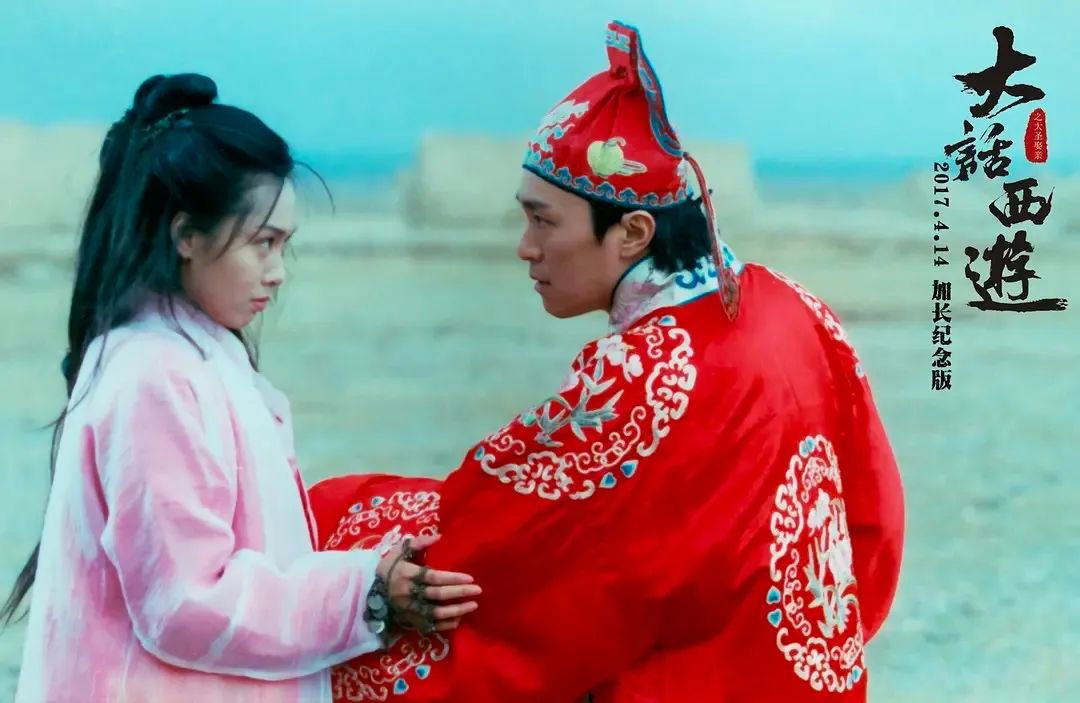
A question often runs through his works:Does true love exist?
In A Chinese Odyssey, the Supreme Treasure can only save Zi Xia by wearing a golden hoop. This shows that in his view:Only by refusing love can you save your lover.
This is why, when I was young, I only thought the story of Master Xing was funny. When I grew up, I laughed and cried.
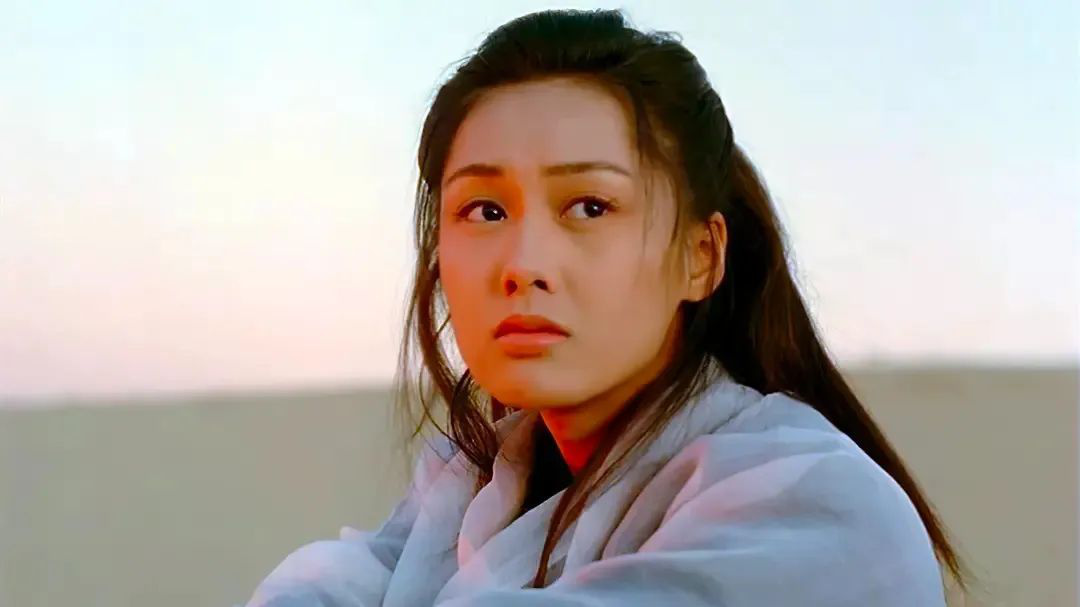
Shen Teng’s comedies also like to describe little people, but unlike other directors, the little people he created are often passively on the road of counterattack.
In the comedies of Xiaogang Feng, Xú Zhēng and Stephen Chow, the protagonist usually takes the initiative to change, or the protagonist’s fate should be like this.
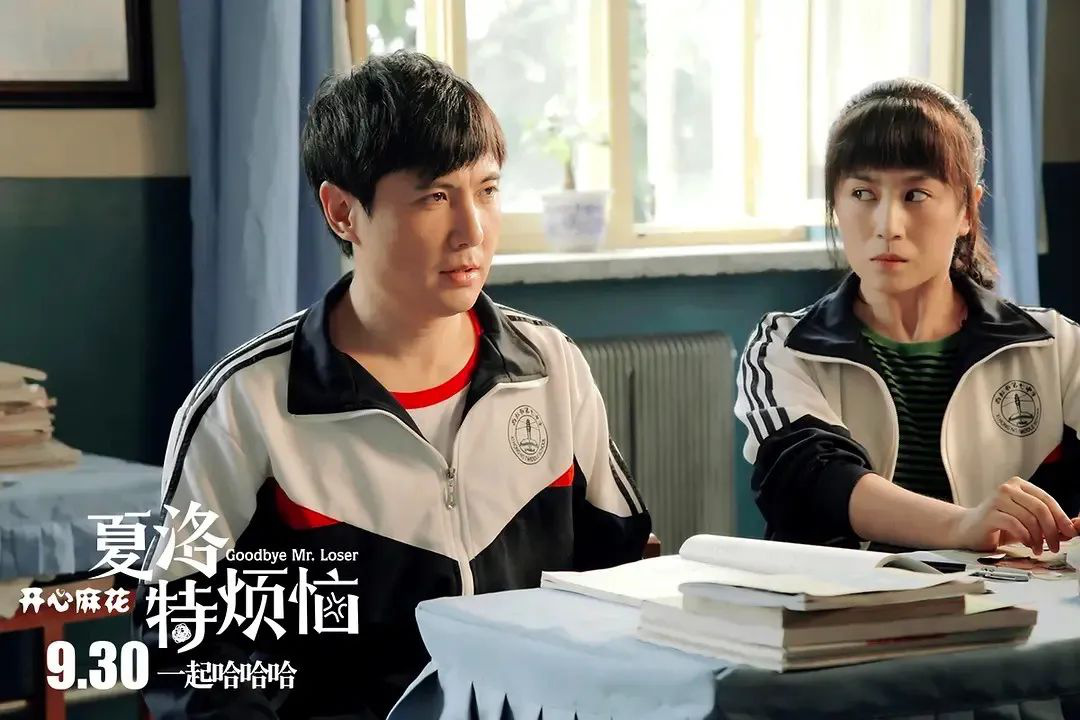
And the biggest feature of Shen Teng’s comedy is thatSatisfy an illusion-Little people suddenly cross, or fly in a windfall. I may not have the money to travel abroad like in Xú Zhēng movies, but the movie fantasy in Shen Teng can.
Teng-style comedy prefers "high opening and low walking": the male host has the opportunity and ability to change himself from the outside from the beginning, but in the end almost all of them return to the initial point.
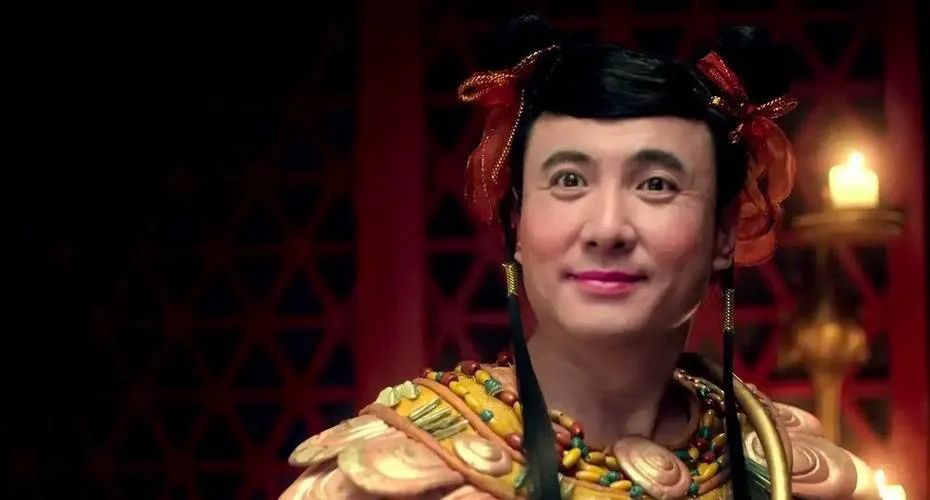
But this is not backward, but after "seeing things through"Return to the original.
Charlotte, for example, finally woke up and went back to Ma Dongmei. This is more acceptable emotionally than Xu Lai’s tears because spinach gave the key to the gallery, and it is also more in line with people’s expectations, which is also a big reason why Charlotte surpassed the embarrassing series.
Finally, in our Moon Man, the theme of Teng comedy seems to have returned."serious"
The significance of a serious theme lies inLet the audience return to reality and recognize themselves.
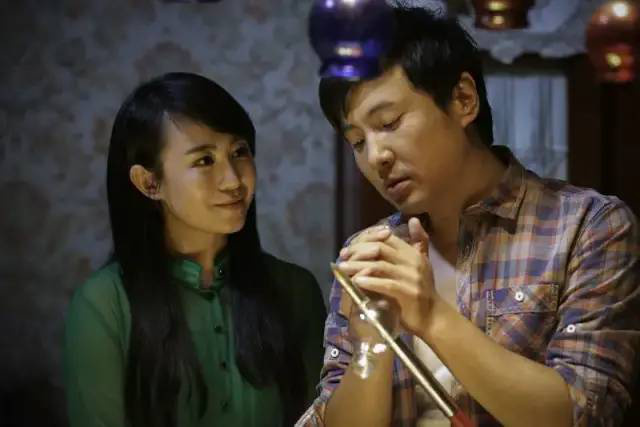
People are happy when good things come, but how many people can laugh it off when reality shows its cruelty?
Telling tragedy in comedy movies is to make people who are immersed in "daydreaming" wake up and realize:Reality is cruel enough to crush any dream.
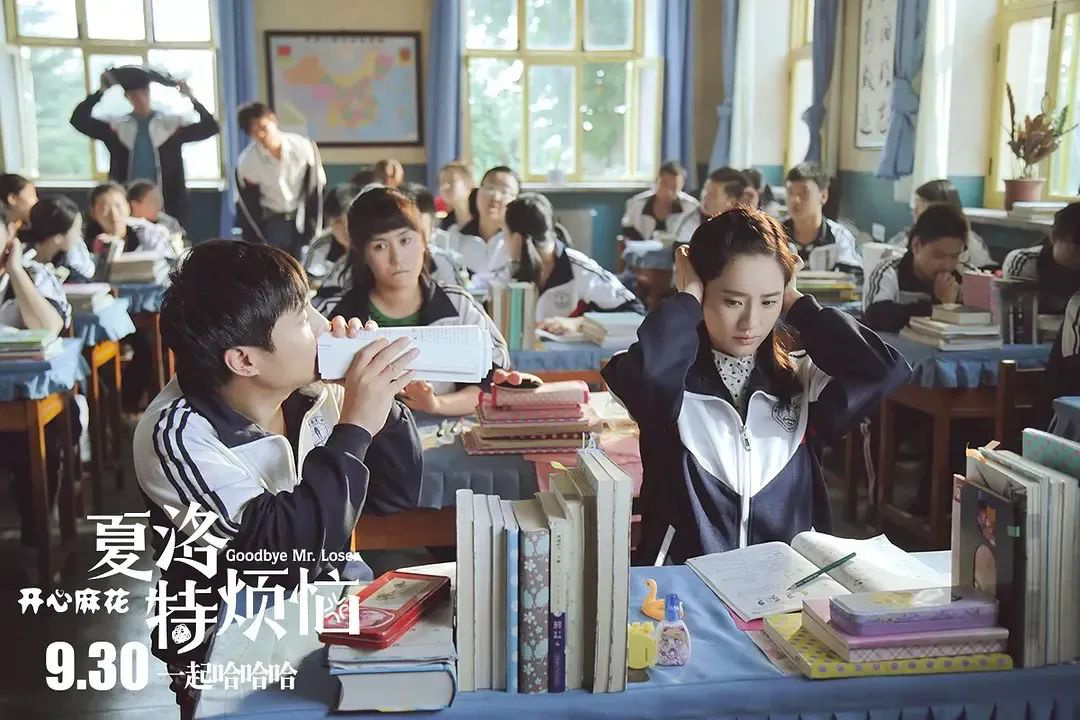
After determining the theme, let’s take a look at how these four people tell stories.
Commonly used in early Xiaogang Feng.Continuous montage to support "slow comedy"The narrative is natural and smooth, simple and slow, to express the reunion theme of "I love my family".
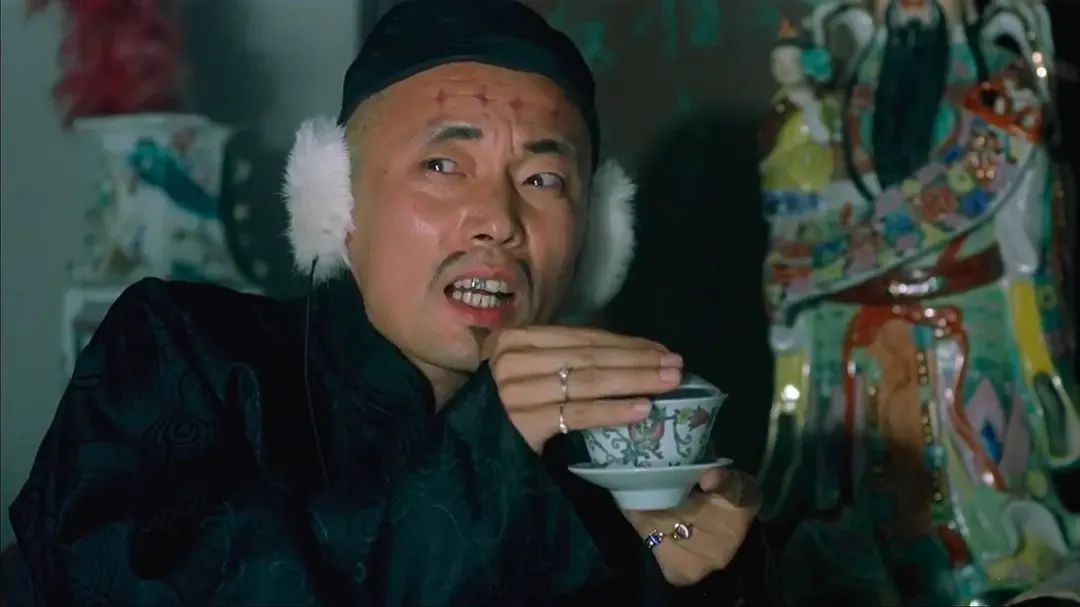
Feng’s comedy is a combination of countless short pieces connected in series, and many events jointly construct unexpected jokes.
In "Be there or be square", Beijingers Liu Yuan and Li Qing met and fell in love in new york, and broke up several times in the middle. Coincidentally, every time something bad happened, but in the end, lovers finally got married.
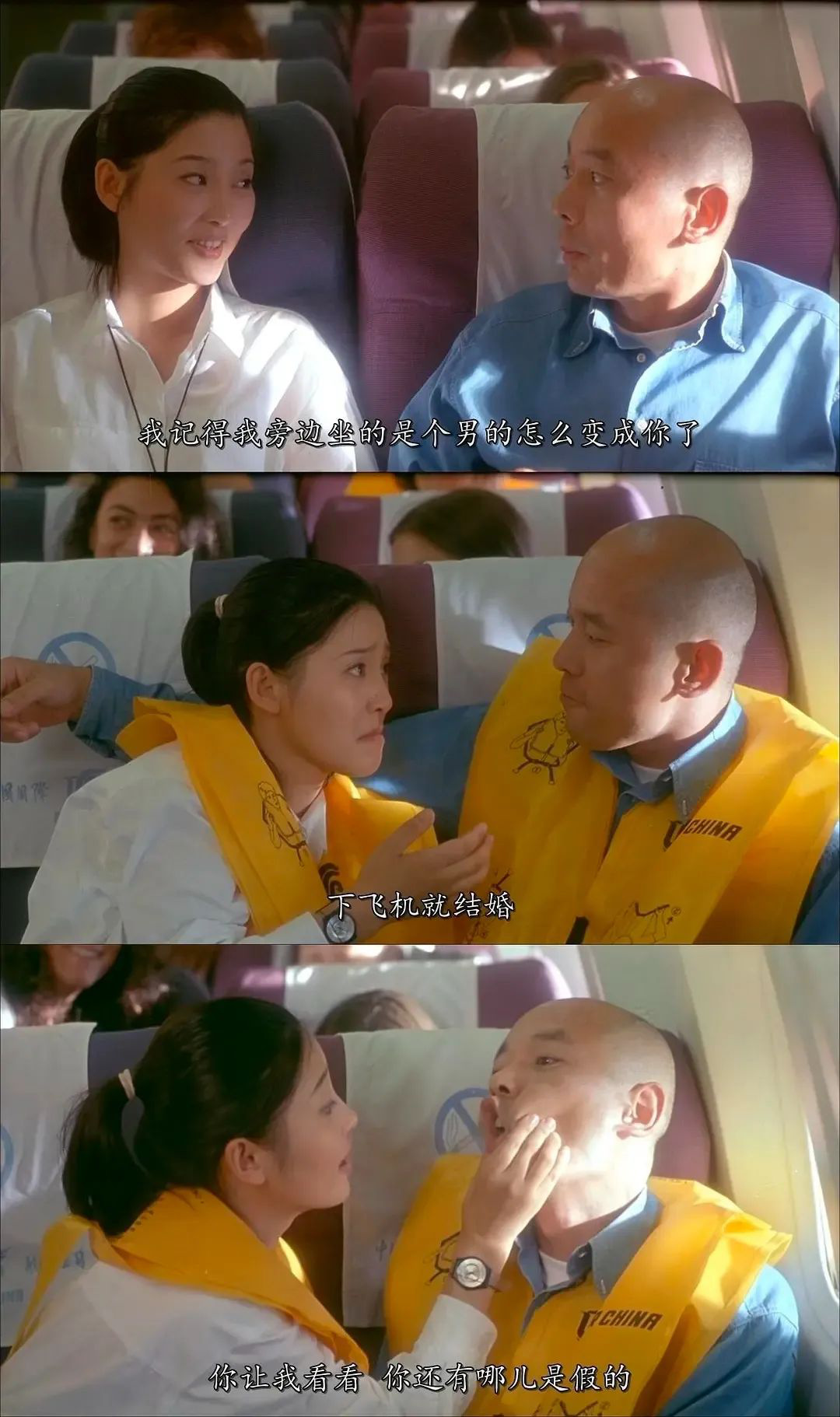
Some interludes happened in the middle, which aroused the audience’s emotions and enhanced the sense of surprise. After watching the whole film, the audience will be as relaxed and happy as the hero and heroine.
Xiaogang Feng’s "sketch comedy" conveysOrdinary people’s infinite yearning for a better life.
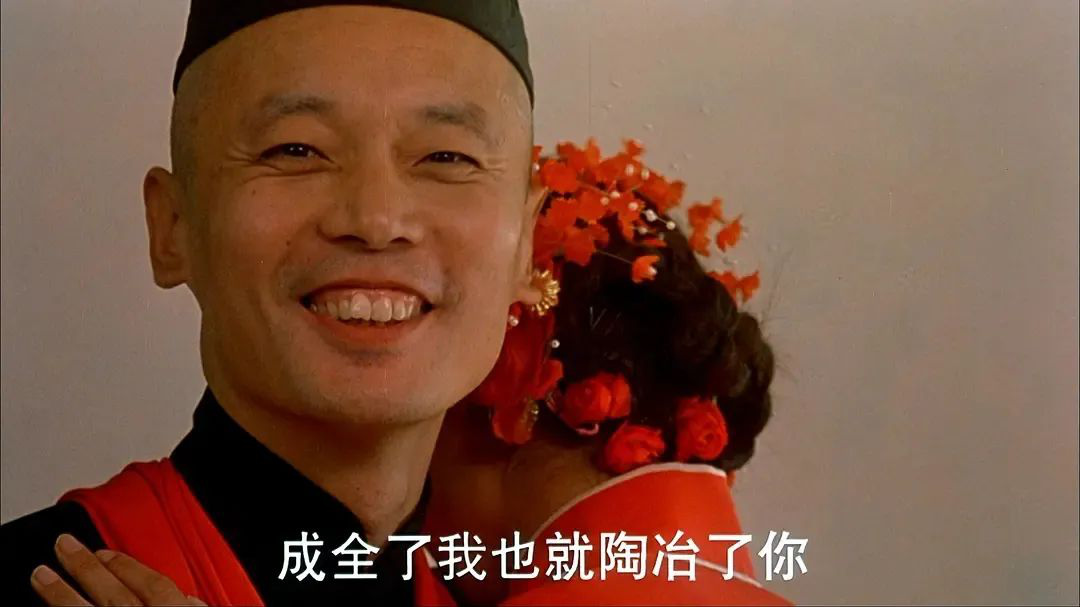
From Xiaogang Feng to Xú Zhēng and then to Stephen Chow, the rhythm of comedy narrative has been stepped up step by step. The public began to have aesthetic fatigue on the main melody movies,Recreation and happinessMovies have become a big demand.

Xú Zhēng’s films inherited Feng’s comedies.The way of sketch collage and the general narrative of the game.
However, the difference between Xú Zhēng and Xiaogang Feng is that in Xiaogang Feng’s narrative, the plot is generally relaxed and happy, and the rhythm is slow, and there is basically no particularly fierce conflict.
Xú Zhēng’s narrative rhythm is tight, slow and full of flexibility.
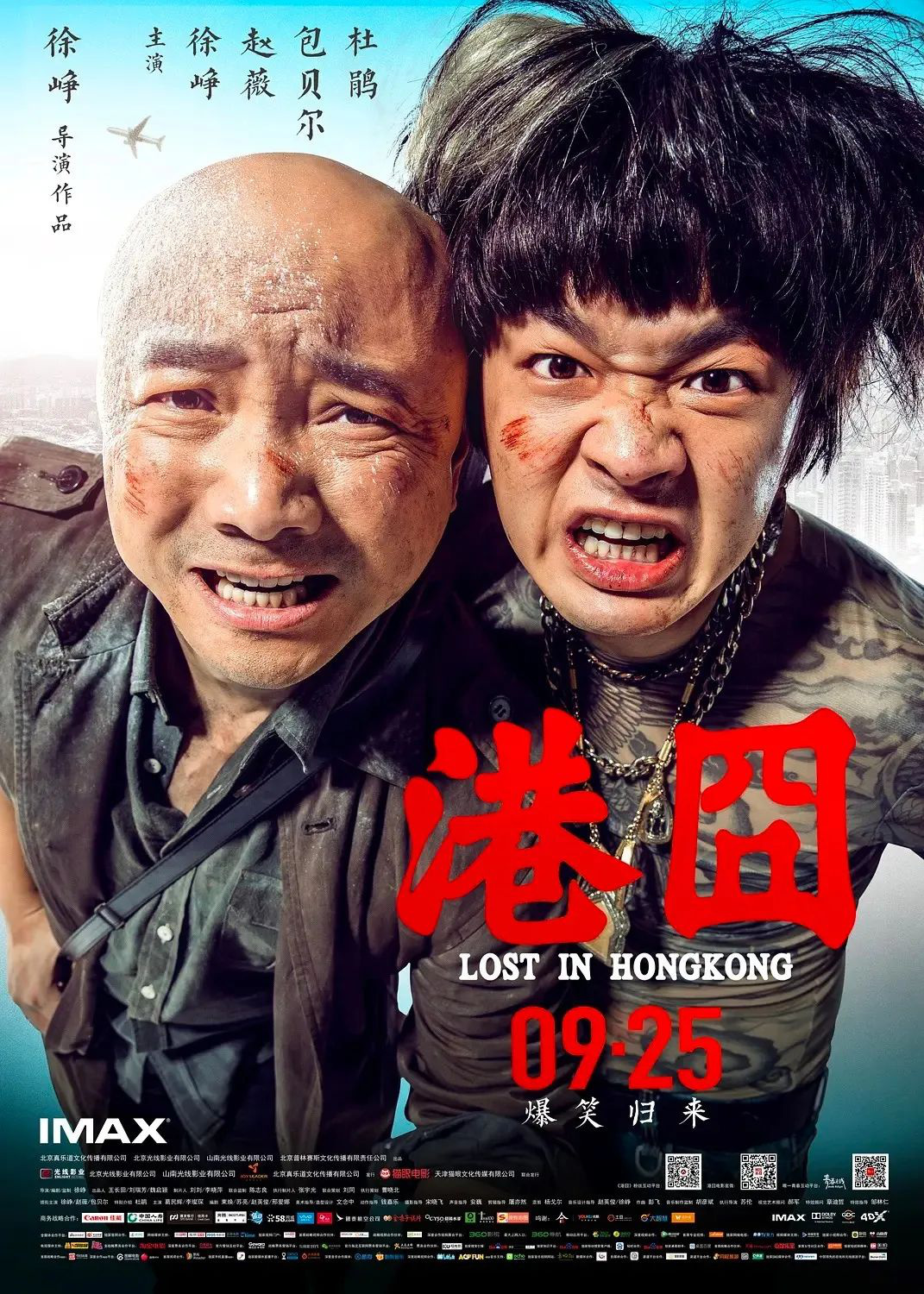
Xú Zhēng’s "Embarrassment" series is the The Journey to the West-style "distress and problem solving" all the way through customs clearance.
In narrative, he also uses the narrative mode of cross narrative and multi-clue parallel compact stimulation.
One side is trying to persist, while the other side is trying to obstruct it. The hard-working party often persists repeatedly in embarrassment, relaxing like a spring, while the audience is overjoyed at the hero’s frustration and courage.
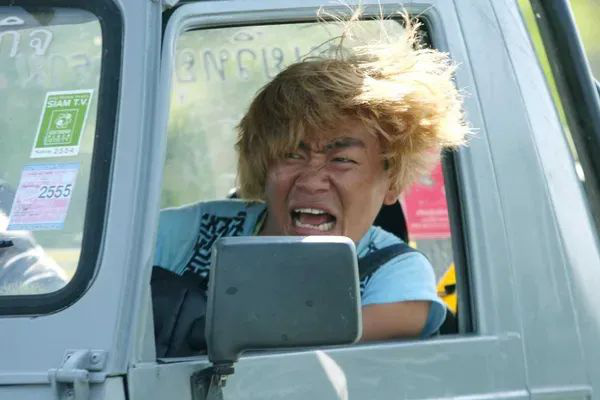
For example, in "Embarrassment in Thailand", Zaler Xu has been suppressing his contradictory feelings in the face of his wife’s divorce, the competitive pressure from his colleagues and the obstacles brought by "jinx" Wang Baoqiang.
However, Zaler Xu was not discouraged. Although every effort went up in smoke, he still suffered repeated defeats and wars.

Then to Shen Teng’s series of movies, they are sought after by everyone, because at present, we no longer have the energy to wait for a story to be full, but always expect to catch our eyes at the very beginning.
In his films, he often usesAn inverted narrative that goes back in time., will be some content, nature, scenery, movement way is similar to the lens group, resulting in.Cumulative effect of continuous superposition.

For example, when Charlotte plays "Those Flowers", the director highlights the characters’ personality characteristics through the lens of playing the piano throughout Qiu Ya, Montt stealing women’s clothes, watching cartoons in Da Chun, making public dancing at home, and Yuan Hua peeking at pornographic videos, showing the beauty and perishable youth.
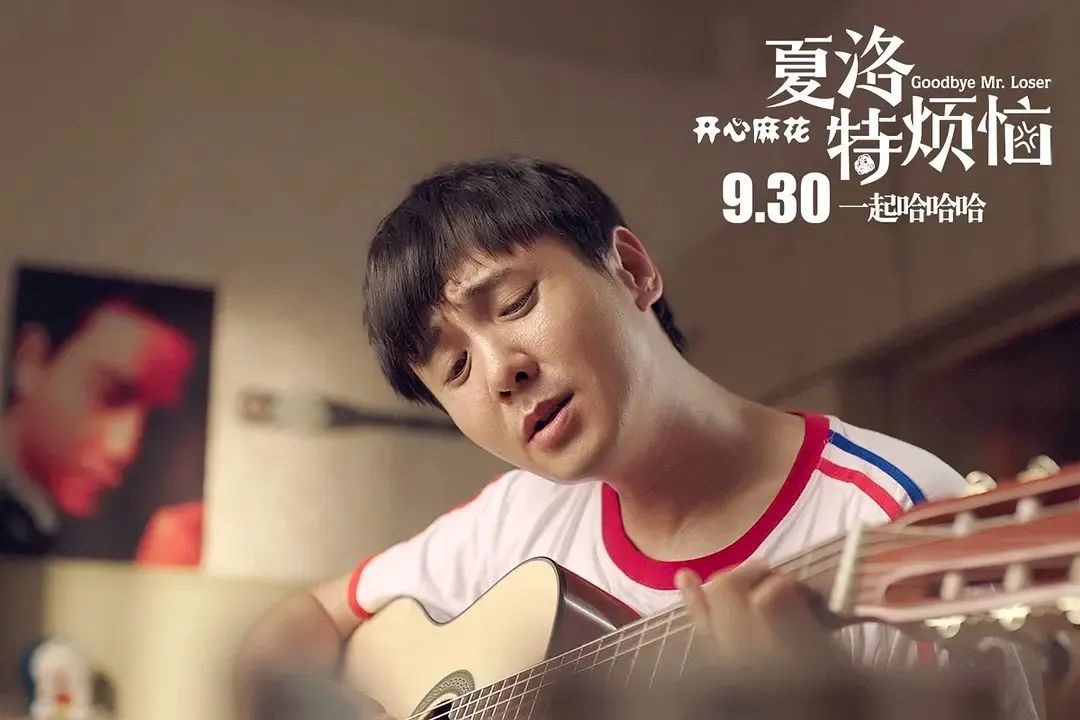
Linguistically, Xiaogang Feng and Xú Zhēng belong to the same family.The language of the northern "sketch school" belongs to "ironic gray humor".
In "Party A and Party B", the plot of "boasting when you meet people in the street" created a surprise comedy effect with pure language.

In "Big shot", he satirized advertisers, real estate developers, etc. in a playful way, and described all kinds of hot money-making routines at the beginning of the 21st century.
His jokes are always full of life-like light. Take the present words: the protagonists in Feng’s comedies are everyone’s "mouth substitutes".
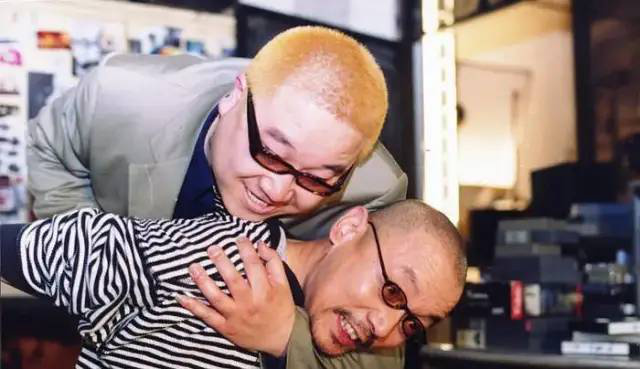
Stephen Chow, on the other hand, mostly uses Cantonese dialect and slang, and achieves absurd comedy effect through unconventional combination.
For example, it is absurd to put "Niu Mowang" and "God" together, which can’t be compared in the conventional context.

Shen Teng’s comic language is more like an extension of cross talk.This may have something to do with Mahua FunAge’s background as a stage play.
Anyone who has seen the cross talk of Deyun Society knows that there are usually multiple foreshadowing in the cross talk, but in Shen Teng’s comedy, there are fewer foreshadowing, and there may even be no foreshadowing, which directly "hits the nail on the head".
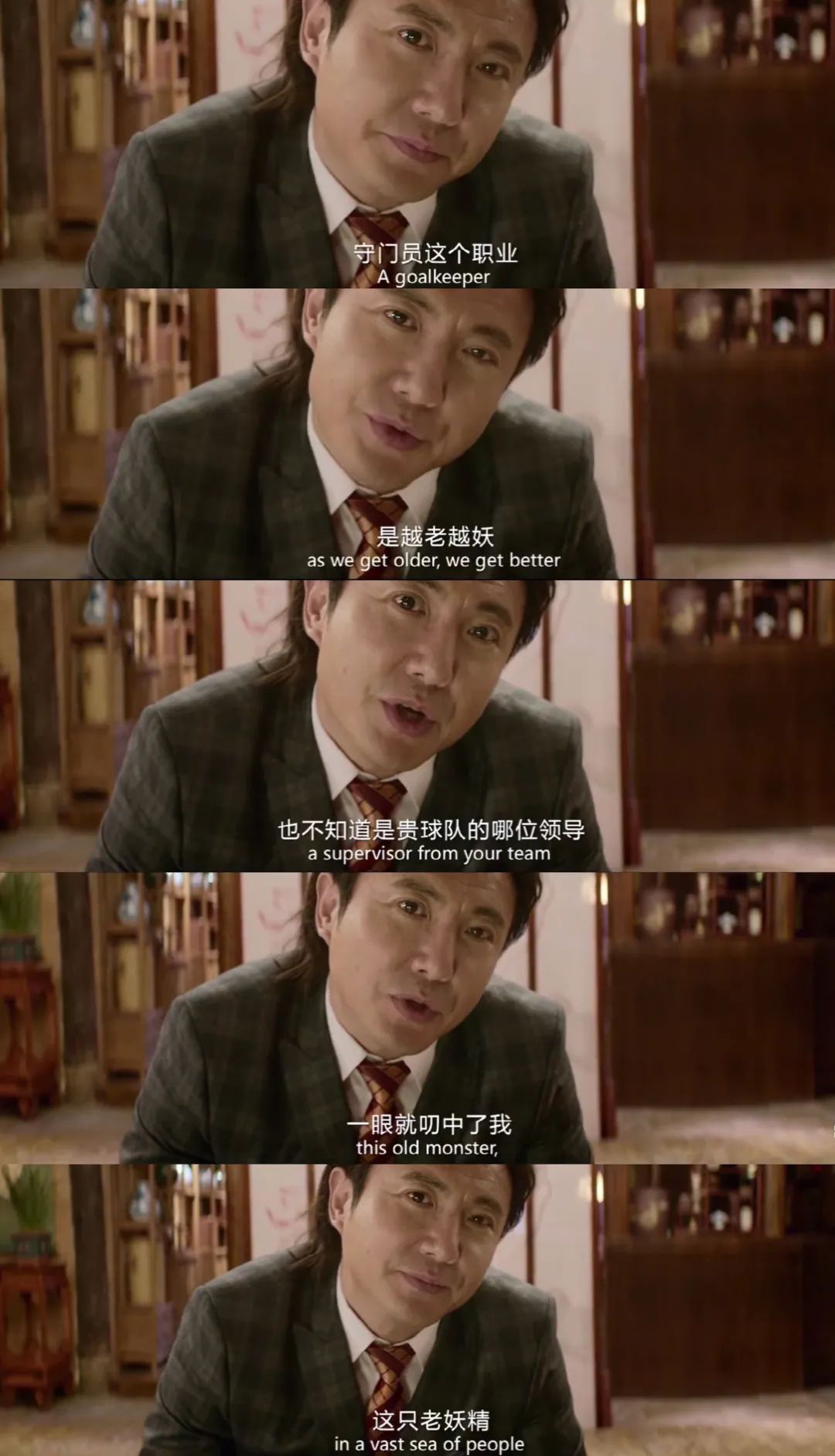
Obviously, a good comedy is not all the jokes piled up like Tik Tok. From theme to narrative to language, we should pay attention to everything.
What is a high-level comedy?
Is there a difference between high and low comedy?
One of the important conditions for judging whether comedy is advanced isWhether it has a successful characterization.
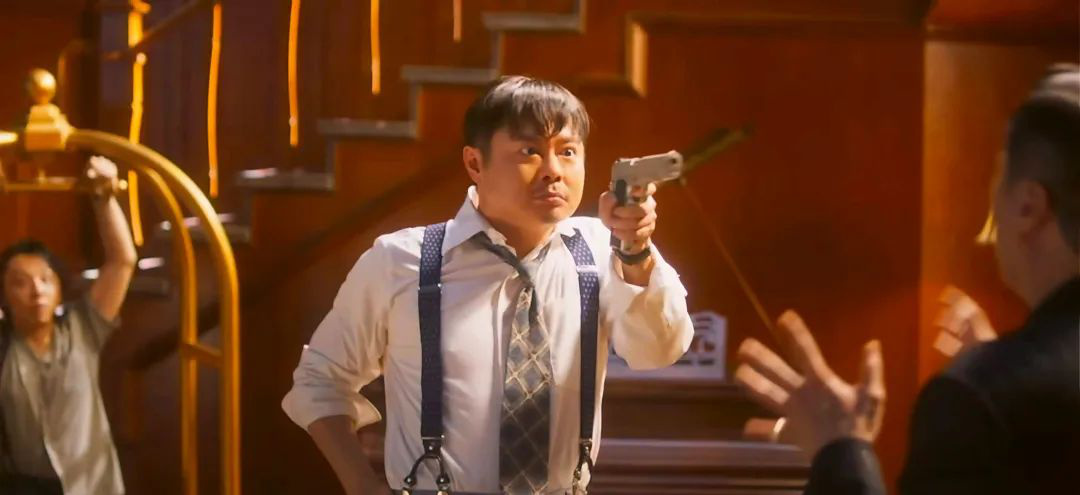
Shaping typical characters is the aim of all literature and art, and so is comedy.
Comedy image creation is roughly divided intoThree levelsThe first level is to "plot the characters"; The second level is to "personalize the characters"; The third level is to "psychize the characters". "Plotting of characters" is a low-level state.

The dramatization of characters can be found in early comedies. For example, Shakespeare, Song and Yuan Zaju and other classic people, this kind of drama is mainlyOnly the plot, not the personality.
For example, Meng Hua Lu, which was a fire some time ago, was adapted from Zhao Paner to save the wind and dust. And the role in Saving the Wind and Dust that can’t realize self-awakening and finally forgive everything is typical of being dominated by the plot.
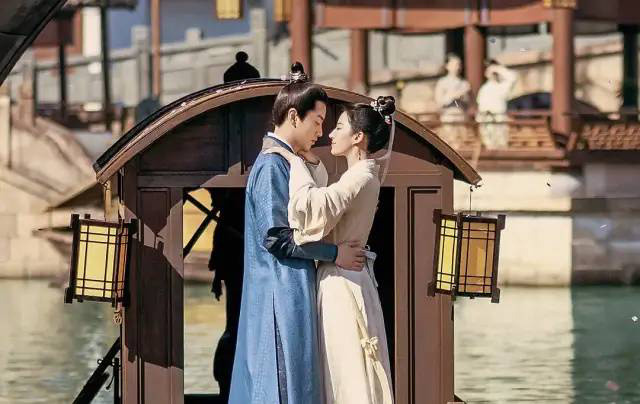
When it comes to personality, the representative figures areMoliere, the father of classical comedy.For example, in "hypocrite", Titiufu disguised as a liar of the holy church and entered the rich merchant’s house.
Answer Diufu is cunning, treacherous and immoral, which makes people and gods angry. The profundity of characterization makes the protagonist a typical hypocrite.
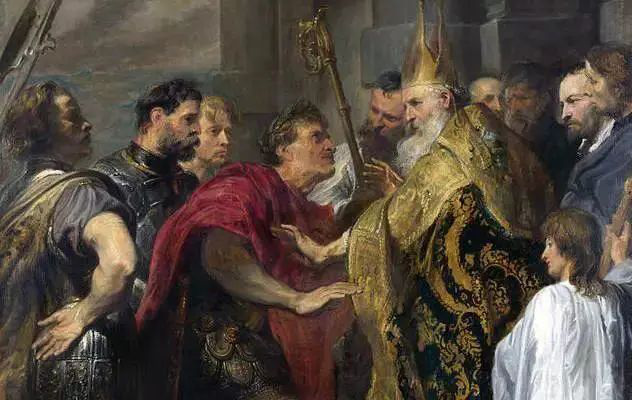
The psychological works of characters often haveProfound social events and characters are typified and socially critical.And characters often need to confront another "strange self" in their hearts.
Such as money, feelings, dreams, etc., all the elements linked to the public.
Everyone has a person in his heart who he wants to be, but under the gravity of reality,We have to fight against our own desires.
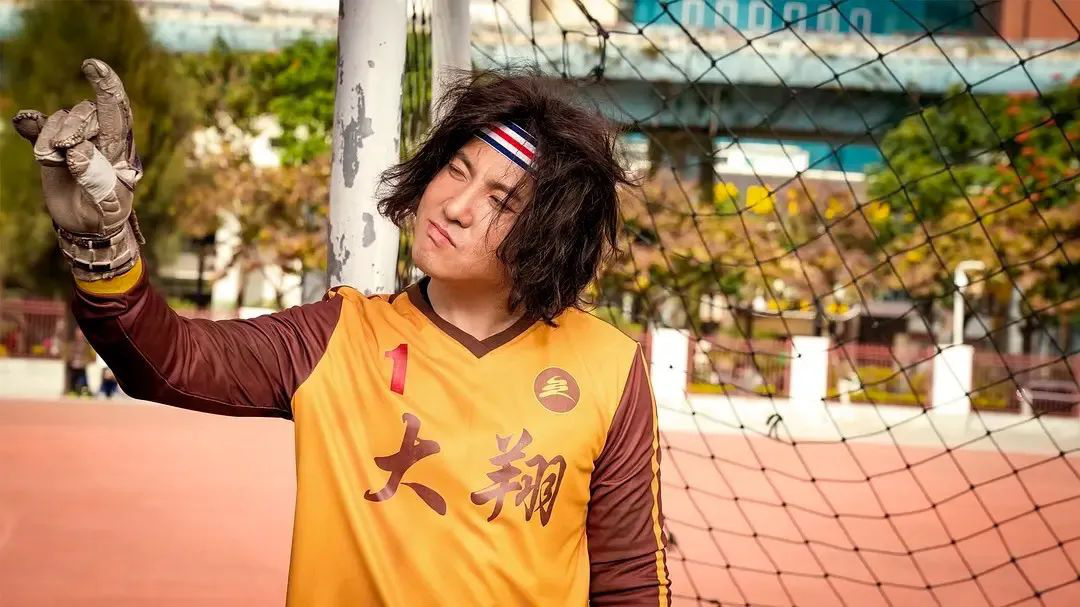
In addition, a new "appreciation of ugliness" is also the only way for comedy to go deep.
On the one hand, comedy should retain direct banter pleasure; On the other hand, comedy should make people laugh and think at the same time.This is "judging ugliness".
From punishing ugliness and mocking ugliness in the past, it turned to exhibition ugliness.Ugliness is no longer regarded as a pure "negative", but through ugliness, we can tell the audience that we were all clowns?

That is to say, toThere are ugliness in beauty and sadness in joy.
For example, in Chaplin’s Mr. Verdu, a murderer killed several women in succession, but his real purpose was to save his seriously ill wife.
Chaplin passed"both good and evil" has achieved "beauty and ugliness are extinct"The artistic situation makes people see more profound social problems from simple cases, which is the highest realm of art.
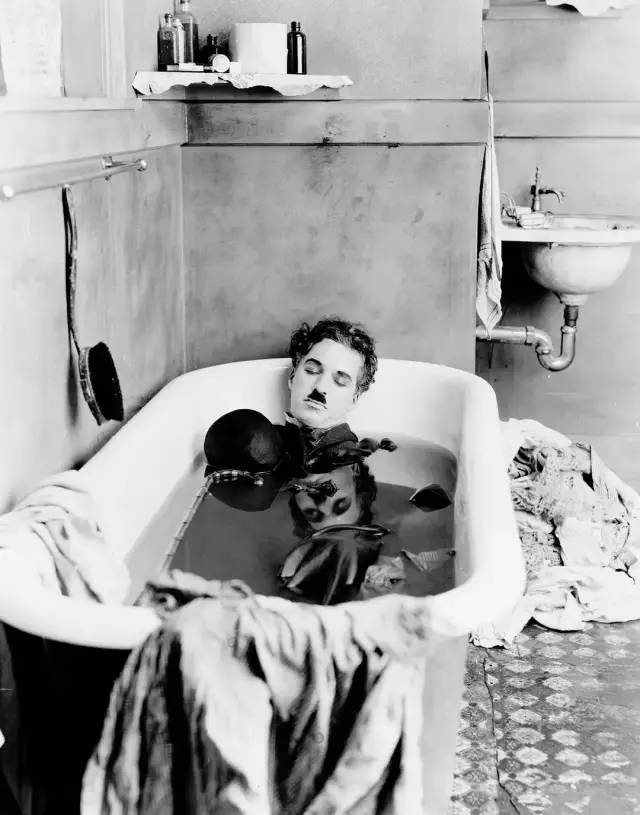
Those who think that there is no difference between high and low comedy often think that "the audience is inconsistent" and "everyone has different aesthetic preferences".
However, it is obviously biased to determine the quality of a work through the audience.
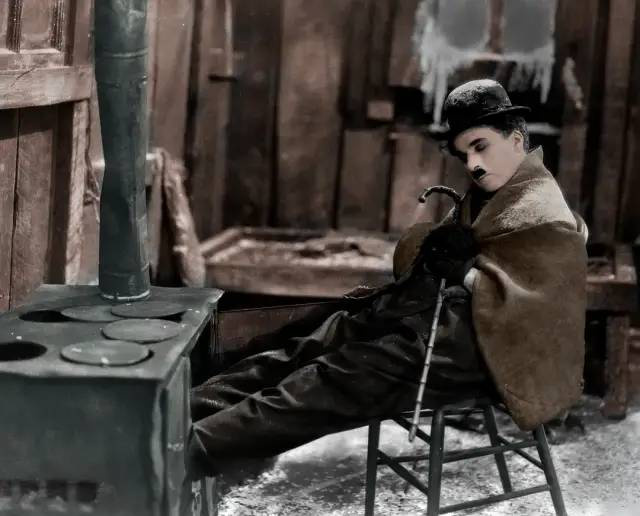
A good work should contain a profound and eternal theme, and vulgar jokes are doomed to be abandoned.
The so-called "profound thought" is not to teach people how to cram, but to arouse the dialectical thinking of the audience.
Otherwise, the comedy will be stale.
references
[1] Cao Yang. Research on Mainland Comedy Films in the Context of Consumer Culture (1990-2019)[D]. Nanjing Normal University, 2020.
[2] Liu Zhendong. On Xiaogang Feng’s comedy films [D]. Hebei University, 2007.
[3] Sun Xiaoyu. Xiaogang Feng comedy film research [D]. Guangxi Normal University, 2015.
[4] Jay Song. Xiaogang Feng film irony art research [D]. Sichuan Academy of Social Sciences, 2015.
[5] Song Ke. Digestion and construction in humor —— On the artistic features of Xiaogang Feng’s citizen comedies [J]. yichun university Journal, 2017,39(07):101-104.
[6] Alina Zhang. Xiaogang Feng urban comedy movies: another successful example of mainstream movies [D]. Shanghai Normal University, 2010.
[7] Meng Xianglong. A Study on Narrative Characteristics of Films Directed by Xú Zhēng [D]. Hebei Normal University, 2017.
[8] Peng Xiaolu. Style characteristics of Xú Zhēng’s comedy films [J]. Film Literature, 2017(02):74-76.
[9] Dai Chong. Laughter-making mechanism, imaginative treatment of male anxiety-observing the three dimensions of the new generation of comedy films in China since the 21st century [J]. Film Review, 2020(19):77-81.
[10] Tong Wang Stephen Chow’s "Wulitou" film’s aesthetic implication of "nothing" [J]. Beauty and the Times (below), 2021(03):118-123.
[11] Chen Qijia, Chen Xiaoke. On Stephen Chow’s cruel comedy [J]. Contemporary Film, 2016(12):107-112.
[12] Wei Tianwu. A new exploration of film comedy-A further discussion on Stephen Chow and film comedy [J]. Literary contention, 2010(14):31-34.
[13] Li Mingyue. "Mahua FunAge" comedy film narrative strategy analysis [D]. Huazhong Normal University, 2018.
[14] Cheng Lianjia. Research on "Mahua FunAge Comedy Movies" [D]. Southwest University, 2020.
[15] Xi Rui. Does comedy make sense [J]. Middle School Students’ World (A Edition), 2022(05):18-21.
